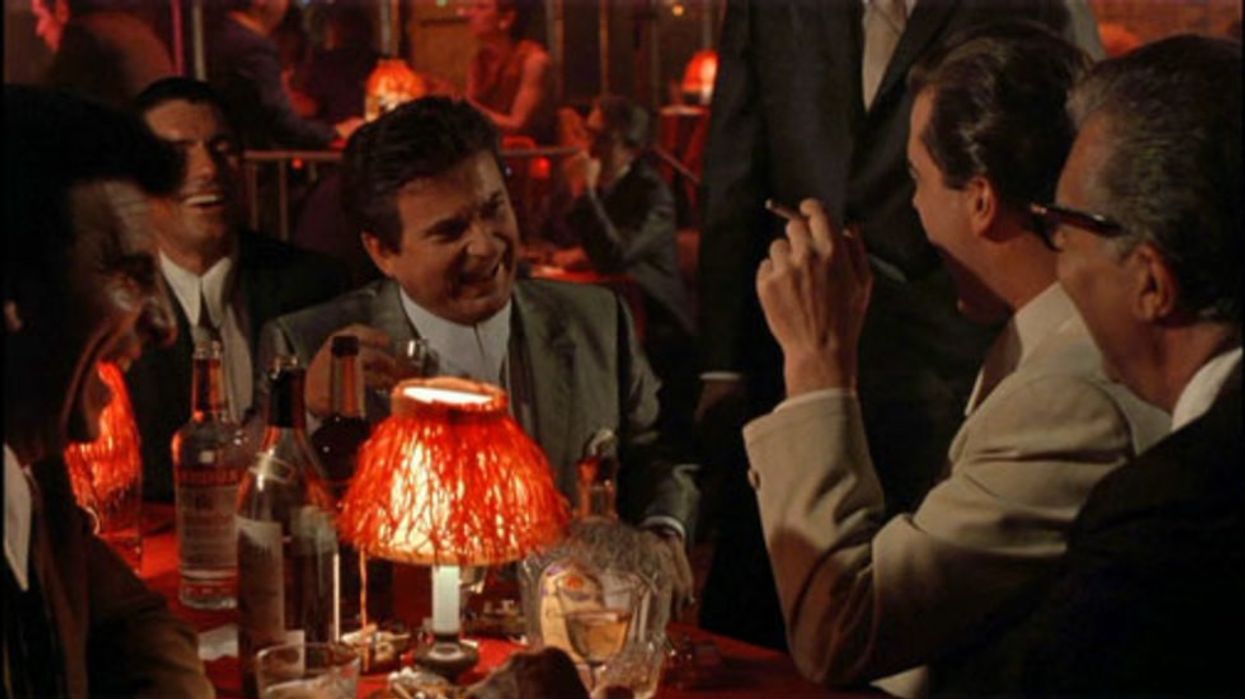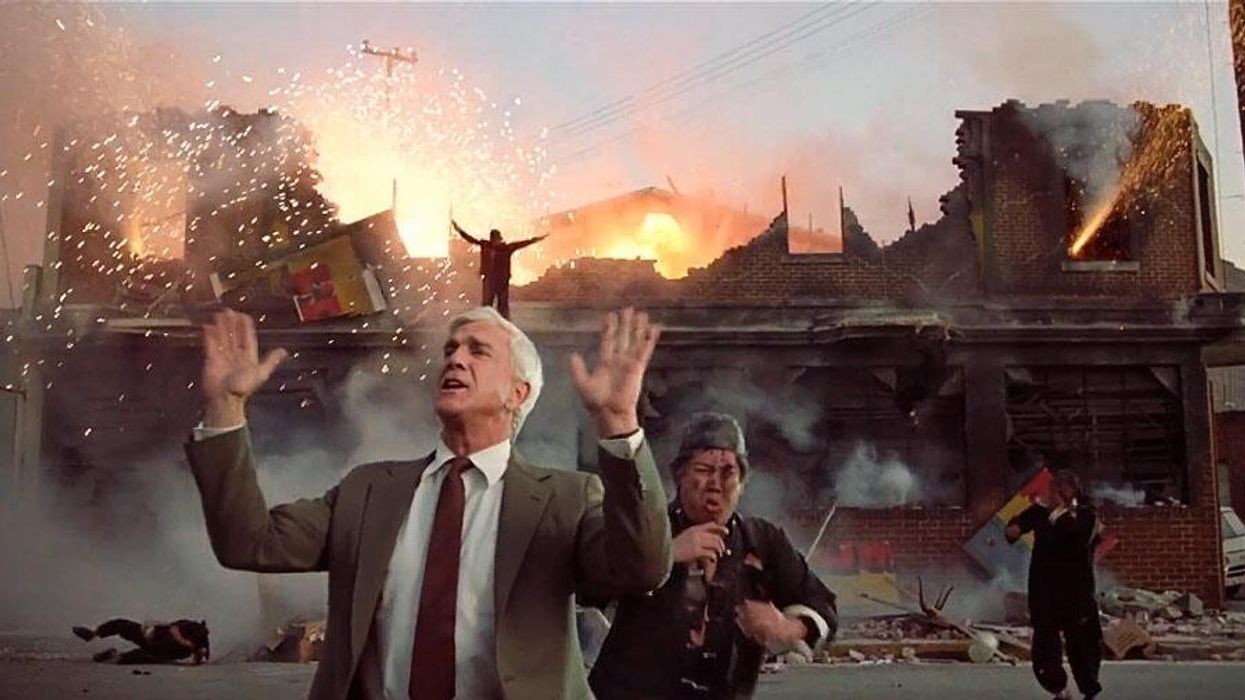Watch: How Martin Scorsese Proves Pop Music Can Help Enhance Your Story
This video looks at Martin Scorsese's extensive use of popular music and how the songs function as a storytelling device.

Martin Scorsese is justifiably renowned for his use of music, and not merely orchestral scores by some of Hollywood's leading composers (think Bernard Herrmann's moody jazz from Taxi Driver), but also popular music, like his frequent use of the The Rolling Stones (here's a link to a Spotify playlist of every song Scorsese has ever used.)
But, as Jack from Jack's Movie Reviews says in the video below, Scorsese doesn't just make use of music that he personally likes: rather, his "musical choices helped to enhance the narrative and tell us a lot about his characters."
In the same way that Stanley Kubrick was the first director to eschew Hollywood scores for existing classical pieces, Scorsese was a pioneer of the pop hit in film. Here's a look at three times Scorsese used pop music to enhance a film's narrative.
1. "Be My Baby" and "Jumpin' Jack Flash," Mean Streets (1973)
Mean Streets, Scorsese's tale of sin and redemption set in the streets of New York's Little Italy (where Scorsese grew up) kicked off the director's extensive use of popular, period-appropriate music. The film begins with perhaps one of the finest songs ever written, The Ronette's "Be My Baby," which plays under the opening credits use of Super 8 home movies that reflect Charlie's (Harvey Keitel) youthful memories.
The song works exceptionally well when played against Charlie's recollections of the innocence of his youth.
A few minutes later, though, with the introduction of Robert De Niro's character Johnny Boy, Scorsese put The Rolling Stones (at the time of the film's release, legitimately the biggest band in the world) to use for the first time, and the result is one of the director's most iconic moments:
While Charlie (at normal speed) watches his friend enter, the motion in the reverse shot slows down (as does the diegetic sound) and the song's lyrics ("I was born in a cross-fire hurricane...but it's all right now/in fact it's a gas) makes Johnny's entrance through the hellishly red bar an audio/visual statement on the tawdry glamours of evil, as well as a foreshadowing of the conflict the friends will inevitably encounter.
2. "Then He Kissed Me," The Crystals, Goodfellas (1990)
In many ways the spiritual successor to Mean Streets, 1990's Goodfellas also made extensive use of popular music, much of it period-appropriate to the story of Henry Hill. As Jack notes, the first part of the film is filled with music that parallels "Henry's infatuation with the mob" and the glamor of organized crime.
In this particular instance, however, I would argue that The Crystals' song is used to reflect Karen's POV as Henry dazzles her with access to the glamorous world she has never seen before (in one of the most celebrated long takes in cinema history.)
3. "Janie Jones," The Clash, Bringing out the Dead (1999)
Scorsese's 1999 film, written by Taxi Driver's Paul Schrader and based on the novel by Joe Connelly, was a flop at the box office, perhaps because its story of a burnt-out EMT in a hellish New York failed to resonate with the public.
The unclassifiable film, featuring a superlative performance by Nicolas Cage, garnered five stars from Roger Ebert, and this sequence, which kicks off with Cage announcing that the "city is burning," is set to the pounding rhythm's of the Clash's "Janie Jones," a two-minute burst of joyous punk from their 1977 debut.
The sequence, with its deranged, flagrantly unrealistic cinematography, is exemplary of a film set inside the head of the anti-Travis Bickle (Cage's EMT) unable to disengage from the misery and degradation he witnesses all around him.
Jack's video is a good look at Scorsese's use of popular music and its influence on today's filmmakers (Wes Anderson comes to mind.) Check it out and then see for yourself how the director uses music as a window into the soul of his characters and the times they inhabit.
Source: Jack's Movie Reviews











